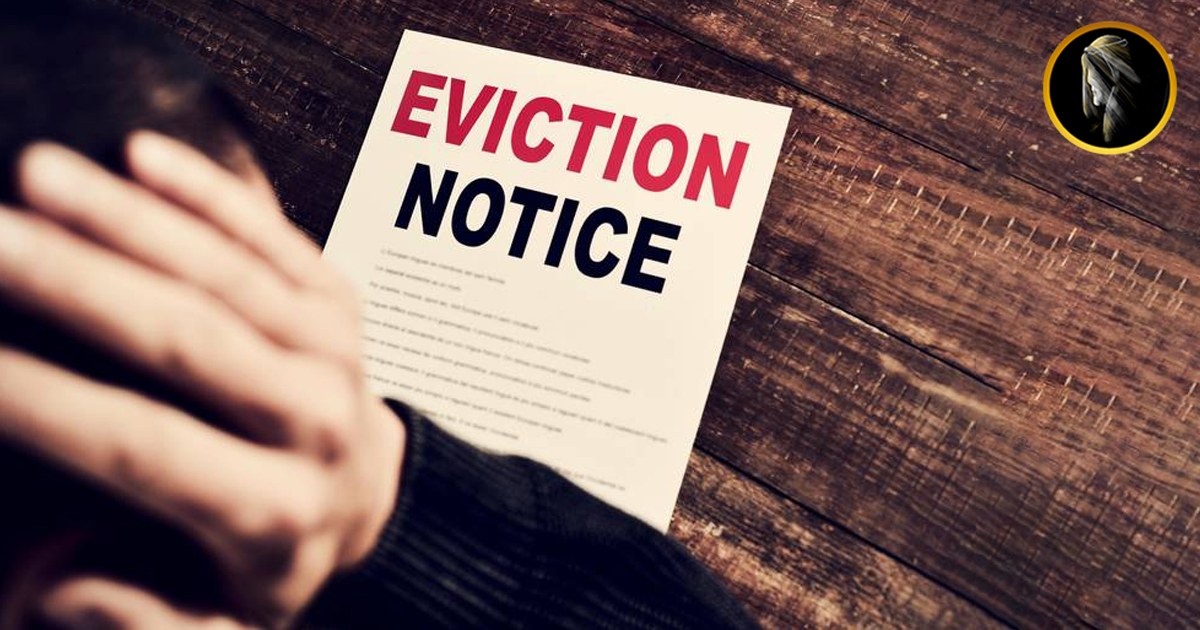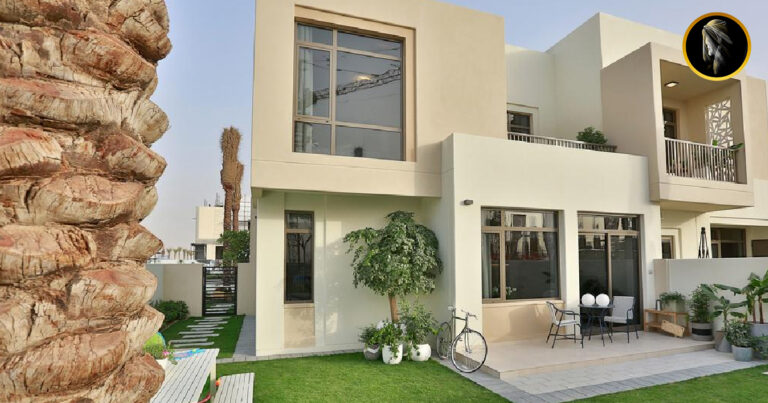- Notification of Eviction: In Dubai, a landlord can request repossession of their property for personal use, but they must provide the tenant with a notarized notification and a statutory 12-month notice to vacate. The notification can be served through either a notary public or registered mail, as per Law 26 of 2007, Article 25(2).
- Method of Notification: Sending the eviction notice via WhatsApp is not considered a legally permissible method of notification. The law specifies that it should be sent through a notary public or registered mail. Using registered mail is an option, but it’s important to note that notices served through a notary public are generally given greater weight by the Rent Dispute Settlement Committee.
- Automatic Renewal: If the tenant and landlord have not communicated regarding the lease renewal, the tenancy contract automatically renews under the same terms and conditions as before. If a new rent amount was verbally agreed upon, you could use that amount to demonstrate your willingness to be reasonable. However, you also have the option to continue at the previous agreed-upon rent due to the landlord’s lack of communication.
- Real Estate Regulatory Agency Deposit Scheme: Using this scheme can be helpful. It allows you to lodge your signed contract and rental cheques with the agency, which will contact the landlord on your behalf to facilitate the collection and signature of the contract.
- 12-Month Vacate Period: If you have received a 12-month eviction notice through a legally accepted method (notary public or registered mail), you have 12 months from the date of the official notice to vacate the property.
Always consider seeking legal advice or consulting with relevant authorities in Dubai to fully understand your rights and responsibilities in your specific situation. Real estate laws and regulations can evolve, so staying informed is crucial.








